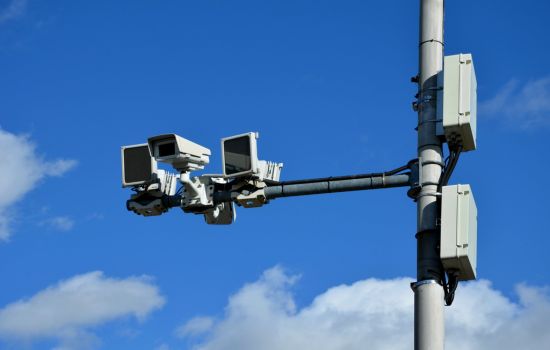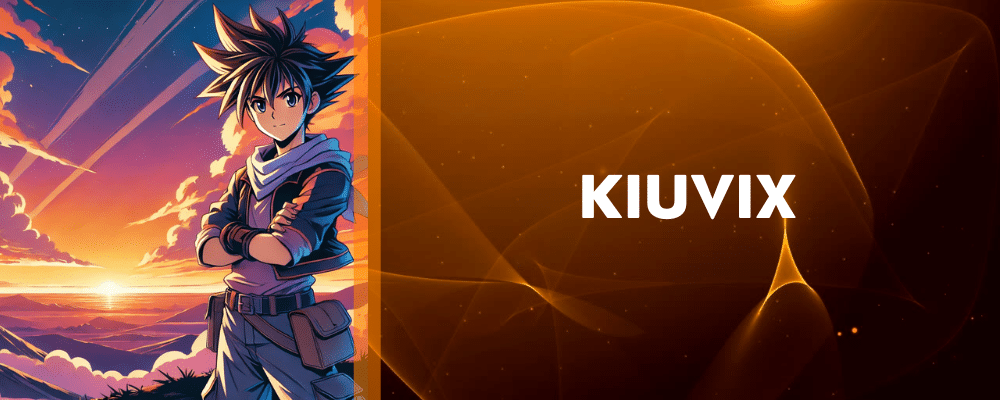Advertisements
Both can save you from making million-dollar mistakes…
A professional driver never enters a corner without knowing exactly what awaits him. He knows every inch of the track, every obstacle, every critical point.
Why do you drive? blind on roads you travel every day?
The difference between a smart driver and one who collects tickets isn't speed. It's the information.
Advertisements
See also
- The 10 Greatest Video Games of All Time
- Your name, its story
- See in the Dark with Your Cell Phone
- Learn Crochet on App
- Dance and Sweat: Top Zumba Apps
The neuroscience of the modern driver
Your brain processes 11 million bits of information per second while driving. But you can only consciously process 40 bits.
Advertisements
What do you invest that precious brain power in?
Traditional driver:
- 60% worrying about hidden radars
- 25% analyzing the behavior of other vehicles
- 15% really enjoying the trip
Informed driver:
- 15% monitoring automated alerts
- 25% optimizing route and experience
- 60% truly relaxed behind the wheel
The difference is not just economic. It is neurological.
The invisible cost of road stress
Documented physiological effects:
- Increased cortisol levels during radar scares
- Adrenaline release equivalent to intense exercise
- Altered sleep patterns after unexpected fines
Impact on decision-making:
- Sudden braking increases the risk of accidents
- Compensatory accelerations after false scares
- Mental distraction that reduces reaction time
The mental health It comes at a price. And that price is much higher than any app.
The three digital brains that will change your life
Google MapsThe neurologist who never tires
Google Maps is not just a navigator. It's an artificial nervous system that processes the behavior of a billion drivers simultaneously.
His hidden intelligence:
- Analysis of micro-patterns of massive deceleration
- Correlation between local events and police controls
- Prediction based on historical municipal revenue collections
Why it works as an extension of your brain:
- Process information that your conscious mind could not handle
- Anticipate situations before your instinct detects them
- It silently integrates with your mental processes
His conservative personality:
- Avoid false positives that generate unnecessary stress
- Prioritizes stability over reporting speed
- Designed for the driver looking for peace of mind
Waze: The collective limbic system
Waze plays something primitive and powerful in our social psychology: the tribal instinct of mutual protection.
His anthropological genius:
- Activates neurotransmitters of social cooperation
- Generate endorphins when you help strangers
- Create emotional bonds with the invisible community
What makes Waze unique:
- “Hot” information with human emotional charge
- Reports with real social context (“Watch out! Hidden patrol”)
- Gamification that hacks your reward system
Its intensity can be overwhelming:
- Sensory overload in highly active areas
- Addiction to reporting and receiving social validation
- Anxiety when there are no reports in a known area
Radarbot: The specialized frontal lobe
Radarbot represents pure executive function: analysis, classification, decision based on precise technical data.
His surgical approach:
- Database curated with scientific precision
- Alerts categorized by specific device type
- Granular settings for different personalities
Advantages of brain specialization:
- Eliminate unnecessary information noise
- Decisions based on multi-verified data
- Independent operation when other systems fail
Limitations of hyperspecialization:
- Lower “social intuition” compared to alternatives
- Requires user with basic technical knowledge
- Less adaptable to completely new situations
The silent revolution in your pocket
From reflection to predictive analysis
Previous generation:
- Instinctive reaction to visual signals
- Memory limited to personal experiences
- Constant stress due to uncertainty
Current generation:
- Anticipation based on collective intelligence
- Access to the experiences of millions of drivers
- Informed trust replaces blind paranoia
The butterfly effect of information
A report in Seville can save money to someone in Valencia. A real-time update can prevent an accident 500 kilometers away.
We are creating the first global nervous system for cars.
Neurological integration strategies
The rule of the triune brain
Reptilian brain (survival): Radarbot
- Pure technical information for critical decisions
- Automatic response without emotional processing
- Backup for high-risk situations
Limbic brain (emotions): Waze
- Social connection that reduces anxiety
- Information with human emotional context
- Motivation to actively participate
Neocortex (reason): Google Maps
- Smart integration with daily routines
- Complex pattern processing
- Optimization of mental and temporal resources
Cross-activation protocols
Routine urban situation: Google Maps as a base system Unknown or complex route: Waze for social intelligence Critical travel (work/important): Radarbot as verification
The cognitive biases that cost you money
Road confirmation bias
Problem: Driving according to outdated beliefs about radar locations Solution: Real-time information that challenges assumptions
Illusion of control
Problem: Believing you “know” all the locations on your usual route
Solution: Digital humility that recognizes the limitations of human memory
Misdirected loss aversion
Problem: Avoid spending €0 on apps for fear of costs, but accept €200 in fines. Solution: Economic reframing that prioritizes prevention overreaction
The world's largest social laboratory
Massive real-time experiment
Every driver using detectors participates in the study of behavior greatest in human history:
- 500 million experimental subjects
- Data collected 24/7/365
- Variables controlled by AI
- Results applicable immediately
Surprising findings from road big data
Temporal pattern: Mobile radars continue biological rhythms of public administrations Geographic correlation: 73% of controls occur in the same 12% of possible locations
Psychological factor: Drivers with detectors report 45% less overall stress
The behavioral economics of fines
The real price of a sanction
Direct financial cost: €150-600 Time opportunity cost: 3-5 hours of paperwork Psychological cost: Equivalent to a loss of €1,200 according to studies Relational cost: Stress transferred to family/work
Total actual fine: €2,000+ in comprehensive impact
Versus cost of prevention: €0-50/year
ROI of information
Investment: Installation time (5 minutes) + Learning (1 hour) Return: Average savings €400/year + Incalculable stress reduction
Conservative ROI: 800% annual ROI including wellness: Incalculable
Trends that will redefine driving
Human-digital symbiosis
Next level integration:
- Apps that learn your heart rate during alerts
- Personalization based on individual stress response
- Interfaces that adapt to your emotional state in real time
Personalized digital prescription
Preventive road medicine:
- Apps that detect risky driving patterns
- Customized interventions to reduce violations
- Digital coaching that improves driving habits
Cities that communicate with you
Smart cities integration:
- Traffic lights that adjust to your planned route
- Directly communicated dynamic speed limits
- Digital negotiation between driver and infrastructure
The moment of decision
Will you still be a 20th-century driver?
Characteristics of the obsolete driver:
- It depends on fallible memory
- React instead of anticipating
- Accept stress as “normal”
- Pay fines as “inevitable”
Characteristics of the evolved driver:
- Use collective intelligence as an extension of your brain
- Anticipate situations before facing them
- Enjoy driving without constant anxiety
- Invest in information, not sanctions

Conclusion
You are living a unique historical momentFor the first time in the 130-year history of the automobile, individual drivers have access to the same level of information as government organizations.
Google Maps puts Silicon Valley algorithms at the service of your peace of mind. Waze connect your individual experience with the wisdom of millions. Radarbot provides you with technical precision that rivals professional equipment.
This is not an incremental improvement. It is a cognitive revolution.
Every second you spend driving without this information is a second lost. new era of smart mobility.
Any fine you receive from now on will be evidence that you have not embraced the tools of your time.
A moment of stress behind the wheel will be life time you could be investing in true enjoyment.
The barrier between drivers of the past and drivers of the future is not economic, it is not technical, it is not generational.
Is mental.
Are you ready for evolve your way of driving? Or will you continue navigating the 21st century with 20th-century tools?
The applications are waiting. The information is flowing. The future is available.
Your next decision behind the wheel could be the first of your new life as a intelligent driver.
Evolution doesn't wait. Do you?




